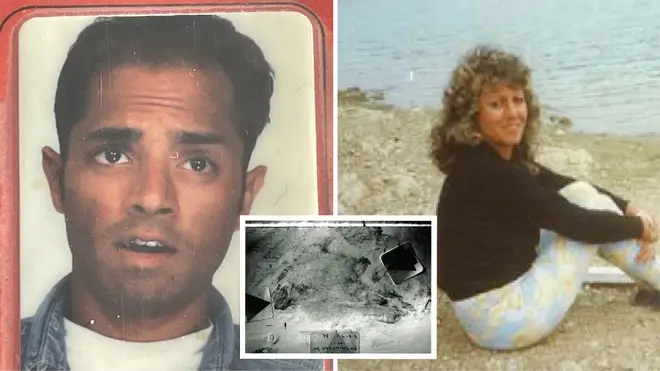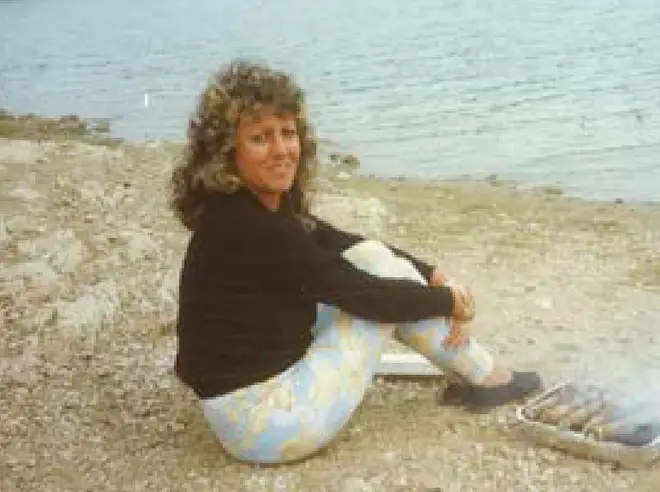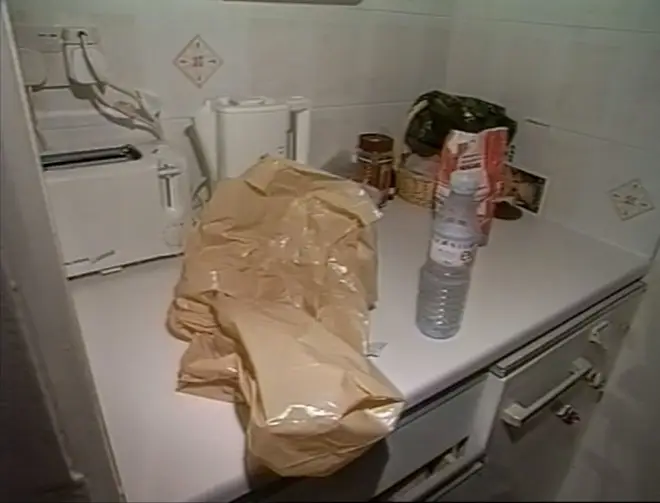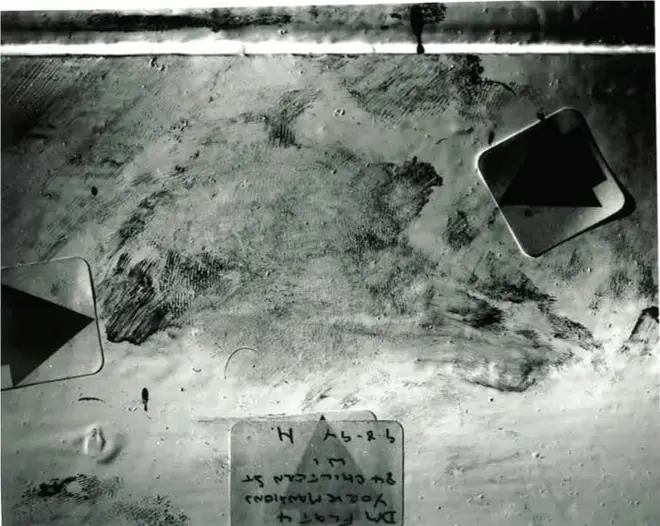
Shelagh Fogarty 1pm - 4pm
15 February 2024, 15:07

Police have solved the murder of a mother who was stabbed to death 140 times near the fictional home of Sherlock Holmes.
Sandip Patel, who worked for his father's Sherlock Holmes newsagents on London's Baker Street, murdered Marina Koppel in 1994, in her flat on a neighbouring street.
The fingerprints of Patel - then aged 21 - were found on a carrier bag in the kitchen, but he wasn't treated as a suspect at the time.
But last year his DNA was matched to hair on her ring, and he was linked to the scene by a bloody footprint on a skirting board.
Patel, now aged 51, denied murder but was found guilty at the Old Bailey on Thursday. He will be sentenced on Friday.
Read more: Four-month-old baby killed after van crashes head-on with car in Leeds horror collision

The jury heard during the trial how Colombian Ms Koppel was a hotel chambermaid, before working as a masseuse and sex worker.
She offered sexual services to around 100 "well-to-do" men "if the price was right. Her husband David, who mostly lived in Northampton, accepted the work but did not approve of it, and the two had rowed before her death. Ms Koppel also had two children in Colombia, looked after by her mother.
Mr Koppel died in 2005, and never found out who killed his wife.
Her movements before her death are unclear. She had entered a poker tournament and seen a client in a Heathrow hotel the night before she died.

She was last seen on the afternoon of the day of her death outside a bank. Mr Koppel came home that night to find that his wife had been killed.
She was covered in blood and wearing black, lacy lingerie that she might wear if she was expecting a client.
Patel was initially discounted as a suspect because it was seen as unremarkable that his fingerprint was on a bag from his father's newsagents.
A hair was found on her ring in 2008, but the technology to match it to his DNA wasn't available at the time.

But the hair was kept on file until 2022, when it could be re-examined. His DNA was already on file from an actual bodily harm conviction in 2012.
Patel was arrested in January 2023. His footprints were also matched to bloodstained bare footprints found at the murder scene. Meanwhile a bank card belonging to Marina that was stolen at the time from her flat was used at a cash point near his home shortly after the murder.
Prosecutor Emlyn Jones told jurors: "Marina Koppel was brutally murdered. It has taken a terribly long time to solve it, but we now have evidence that she had this defendant's hair stuck to the ring she was wearing when she was attacked and killed; and his bare foot was pressed against the skirting board next to her.
"And that, the prosecution say, can only be because it was him who killed her all those years ago."

He told jurors: "You may have little trouble concluding that if those footprints were made in Marina's wet blood, then that can only be because they were left by her killer - someone who was in that room, barefoot, at the time of her blood being on the skirting board.
"All these years later, they have been identified - they are the defendant's prints - they were made by the sole of his left foot."
Marina's brother and sister-in-law Mary and Martin Koppel, paid tribute to their "extremely bright, highly intelligent and charismatic" relative.
"She wanted to give them everything they needed, especially her two children and nephew who grew up in Columbia," they said.
"Her family and friends would have been in a much better place because of her abundance of energy for life had she not died."

"Marina was a daughter, a sister, a mother, a loving aunt, a daughter-in-law and a sister-in-law who was much loved by all of us as she loved all of us. Had Marina lived, all of the lives of her family and friends would have been enriched and further evolved. We have all suffered these many, many years because we lost Marina so early in life."
Operational forensic manager Dan Chester, the Met’s forensic lead for cold case homicide investigations, said: "Unsolved historic murders can be among some of the most complex and challenging cases for police to solve.
"However, today’s result provides an example where forensic science, newer technologies and collaborative working practices have had a positive impact in bringing a brutal killer to justice.
"This was a great team effort with the forensic scientists, fingerprint experts, the forensic manager and the investigating team all playing their part in solving Marina’s murder.
"Forensic techniques and technologies are constantly evolving, and the police will continue to review serious unsolved cases and, where possible, pursue new opportunities to enable both the prosecution of those responsible and to exonerate the innocent.
"This includes cases specifically related to violence against women."